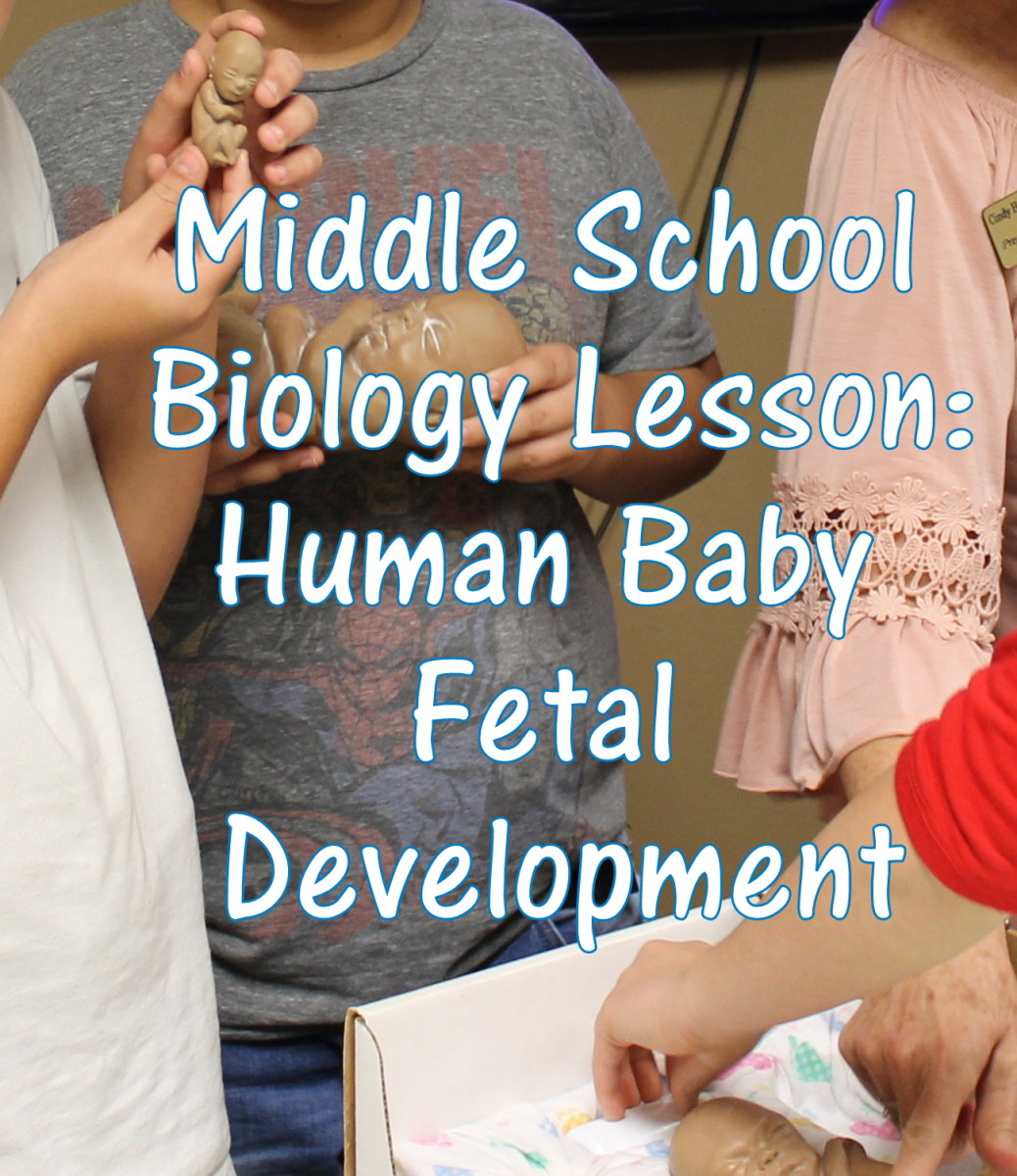
Babies are fascinating creatures. They grow and develop at an astonishing rate. From a tiny embryo to a fully-formed baby, the journey of development is truly amazing. But have you ever stopped to wonder how all of this happens? How is development accomplished in the biology of a baby? In this article, we will explore the various stages of development and the biological processes that make it all possible.
Table of Contents
The Stages of Development
The development of a baby begins at conception. When a sperm fertilizes an egg, a single cell is created. This cell then begins to divide, creating more cells. These cells continue to divide and eventually form a ball of cells called a blastocyst. This blastocyst then implants itself into the lining of the uterus and begins to grow.
Over the course of the next few weeks, the cells in the blastocyst will continue to divide and differentiate. By the end of the third week, the blastocyst will have transformed into an embryo. This embryo will then develop into a fetus, which will continue to grow and develop until it is ready to be born.
The Biological Processes
So, how does all of this happen? How is development accomplished in the biology of a baby? The answer lies in a series of complex biological processes that occur within the mother’s body and within the developing baby itself.
One of the key players in this process is DNA. DNA contains all of the genetic information that determines a baby’s physical traits and characteristics. As the cells in the blastocyst divide and differentiate, they begin to express different genes, which in turn guide the development of different tissues and organs.
Another important process is cell division. As we mentioned earlier, the cells in the blastocyst divide rapidly, creating more and more cells. This process continues throughout development, with cells dividing and differentiating to form all of the tissues and organs in the body.
Hormones also play a key role in development. Hormones are chemical messengers that are produced by various glands in the body. During pregnancy, hormones such as estrogen and progesterone help to maintain the pregnancy and prepare the body for childbirth.
The Importance of Nutrition
One factor that is often overlooked when it comes to development is nutrition. A baby’s growth and development depend heavily on the nutrients that it receives from the mother. A lack of proper nutrition can result in stunted growth, developmental delays, and other health problems.
During pregnancy, it is important for mothers to eat a healthy, balanced diet that is rich in nutrients such as protein, iron, and folic acid. This can help to ensure that the baby receives all of the nutrients it needs to grow and develop properly.
The Role of the Placenta
The placenta is another important player in the development of a baby. This organ is responsible for delivering oxygen and nutrients from the mother to the developing fetus, and for removing waste products from the fetus.
The placenta is formed when the blastocyst implants itself into the lining of the uterus. It is made up of cells from both the mother and the baby, and it serves as a barrier between the two. The placenta also produces hormones that help to maintain the pregnancy and prepare the body for childbirth.
The Final Stages of Development
As a baby nears the end of its development, it will begin to prepare for birth. This process is triggered by a series of hormonal changes that cause the uterus to contract. These contractions help to push the baby through the birth canal and out into the world.
Once the baby is born, it will continue to develop outside of the womb. Over the course of the next few years, the baby will grow and develop into a toddler, a child, and eventually an adult.
Conclusion
The development of a baby is a truly amazing process. From a single cell to a fully-formed human being, the journey of development is nothing short of miraculous. By understanding the biological processes that make it all possible, we can gain a greater appreciation for the wonder of life.
So, next time you see a baby, take a moment to marvel at the incredible journey of development that brought it into the world. And remember, the next time you ask yourself “how is development accomplished in the biology of a baby?”, the answer lies in the complex and fascinating world of biology.
Frequently Asked Questions
Q: Can a baby’s development be affected by environmental factors?
A: Yes, environmental factors such as exposure to toxins, poor nutrition, and stress can all have an impact on a baby’s development.
Q: What role does DNA play in a baby’s development?
A: DNA contains all of the genetic information that determines a baby’s physical traits and characteristics. As the cells in the blastocyst divide and differentiate, they begin to express different genes, which in turn guide the development of different tissues and organs.
Q: How important is proper nutrition during pregnancy?
A: Proper nutrition is essential for a baby’s growth and development. A lack of proper nutrition can result in stunted growth, developmental delays, and other health problems.
Q: What is the placenta?
A: The placenta is an organ that is responsible for delivering oxygen and nutrients from the mother to the developing fetus, and for removing waste products from the fetus.
Q: How does a baby prepare for birth?
A: As a baby nears the end of its development, it will begin to prepare for birth. This process is triggered by a series of hormonal changes that cause the uterus to contract. These contractions help to push the baby through the birth canal and out into the world.
